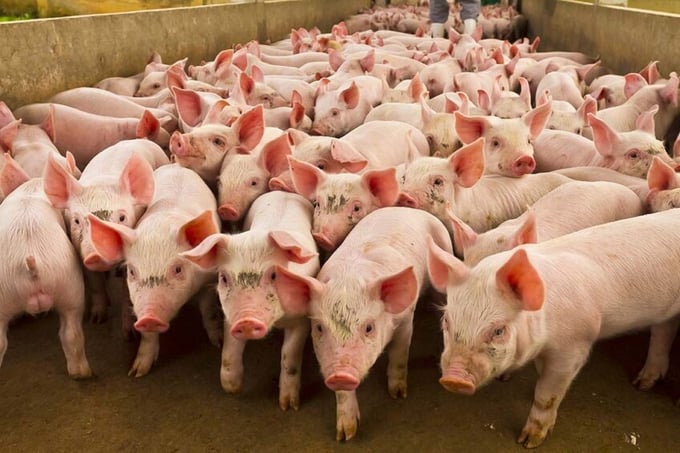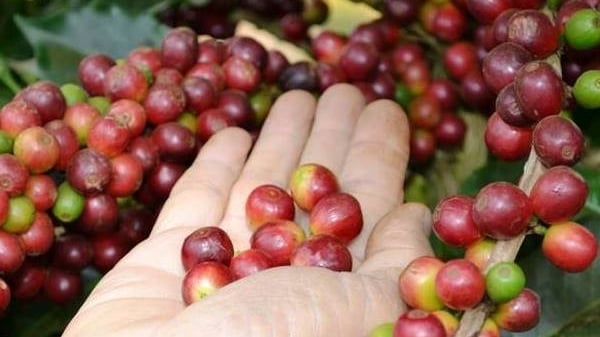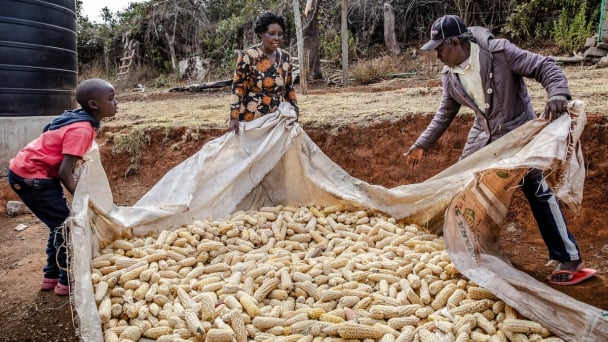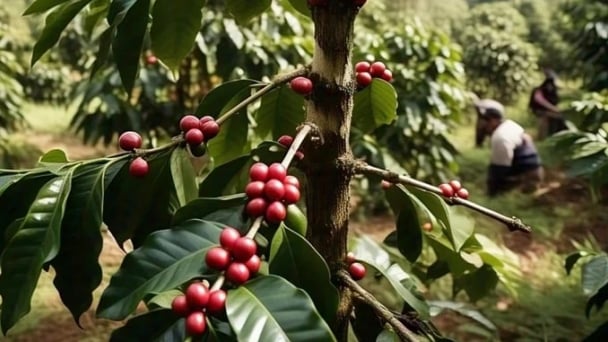June 19, 2025 | 07:02 GMT +7
June 19, 2025 | 07:02 GMT +7
Hotline: 0913.378.918
June 19, 2025 | 07:02 GMT +7
Hotline: 0913.378.918

Photo: Canva
Ongoing equity losses in the US swine industry are estimated at about US$ 100 million every week. Cutting supply is the only option in order to drive up prices. A new report from Rabobank concurs.
The US swine industry is already making cuts. The current sow herd is estimated to now be below 6 million, a number that has not been breached for many decades. At the same time, US Department of Agriculture (USDA) data is showing that farrowings dropped 4% in the last part of 2023, but piglets per litter were up 4%. The industry currently trims farrowings by 2%.
However, 2 well-known industry experts now identify another long-term challenge to the US swine industry. Economists Dr Lance Mulberry (guest of a new Pig Progress ‘Meet the Expert’ podcast) and his colleague Dr Dennis Dipietre at KnowledgeVentures, have recently noted that the historically high and stable US pork exports to China, South Korea and Japan are dropping away. These 3 countries make up 3 of the 4 top US pork export markets, with only Mexico ahead of them.
The Chinese population has declined (mainly due to the ‘One Child’ policy) ahead of “even the most pessimistic estimates,” stated Mulberry and Dipietre in a recent US news story. In addition, populations in China, Japan and many other countries have dropped, and continue to decline, because women aren’t choosing to have children for a variety of reasons.
Besides population declines in these countries and beyond, aging populations also have less disposable income to spend on meat, and eat less meat in general than younger individuals.
Mulberry and Dipietre stated that while it would be impossible to estimate what precise impact decreasing exports to these three countries will have on the US pork industry over time, there will likely be “a permanent decrease in value of anywhere from $ 2.51 to $ 25.31 per head finished by 2050.”
At the same time, however, these 2 economists believe that data analytics are going to help the industry make profit in years to come, starting as soon as this year. The enormous amount of data produced on farms, mostly unused until now or used for very specific purposes such as deciding when to change the ration, can help producers immensely in cutting costs and achieving much more efficiency.
Mulberry and Dipietre believe efficiencies from data analysis this year could gain producers $ 25 to $ 75 per head finished.
(PP)

(VAN) Japan will release another 200,000 metric tons of rice from its emergency stockpile to tackle a doubling of prices since last year, Agriculture Minister Shinjiro Koizumi said on Tuesday.

(VAN) Coffee prices on June 13 declined sharply for Arabica. Domestic coffee market in Vietnam dropped by VND 2,000, trading at VND 111,500 – 112,300/kg.

(VAN) Coffee prices on June 12, 2025, continued to fall. Domestically, coffee prices decreased by another VND 2,000, trading at VND 111,500 – 112,300/kg.

(VAN) Coffee prices on June 11, 2025, fell sharply across global markets. Domestic coffee market dropped by VND 700, to the range of VND 113,500 – 114,300/kg.

(VAN) Coffee prices on June 10 2025, rose sharply worldwide for Robusta. Domestic coffee market increased by VND 800, reaching VND 114,200 – 114,800/kg.

(VAN) New FAO forecasts point to record global cereal output with a partial rebound in stocks and trade.

(VAN) Coffee prices on June 9, 2025, in domestic and global markets remain unchanged. Domestic coffee market is currently trading at VND 113,500 – 114,000/kg.